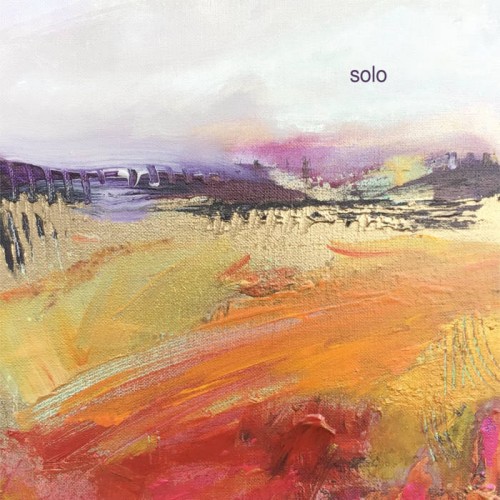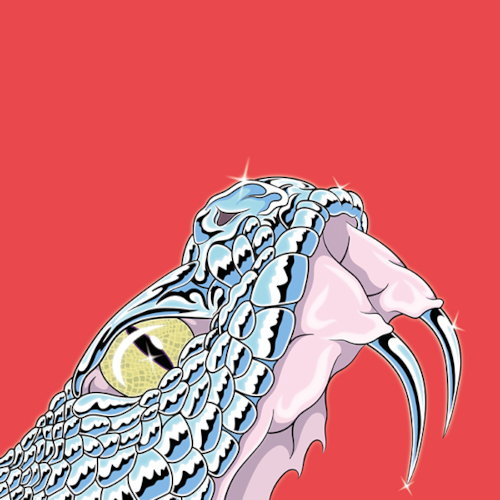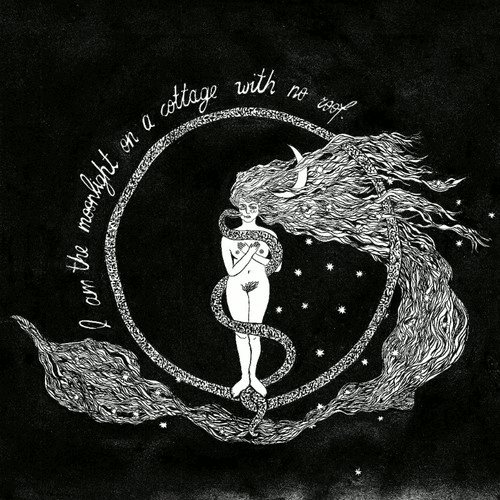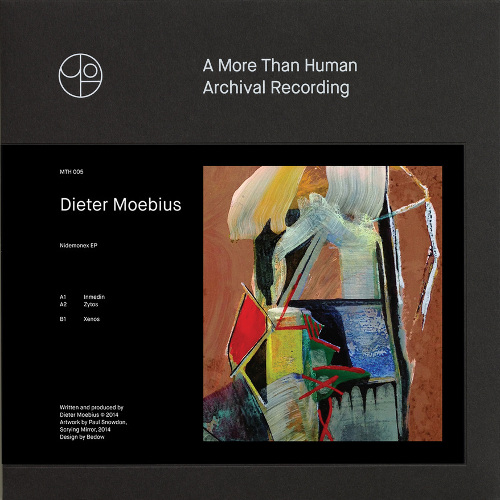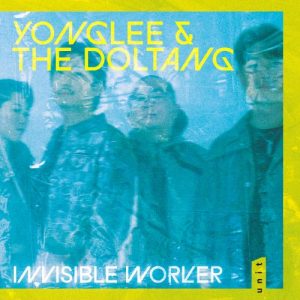 Korean jazz is an entirely new thing for me, but this debut album from pianist Yonglee and his group The Doltang is definitely an unusual beast, connecting dots between jazz, prog and the heavier more awkward end of US underground. Yonglee’s capricious piano attack combines with synths, bass drums and guitar to form a unique sound that also harbours improv and experimentation, as well as hidden melodies that hark back to elements of history.
Korean jazz is an entirely new thing for me, but this debut album from pianist Yonglee and his group The Doltang is definitely an unusual beast, connecting dots between jazz, prog and the heavier more awkward end of US underground. Yonglee’s capricious piano attack combines with synths, bass drums and guitar to form a unique sound that also harbours improv and experimentation, as well as hidden melodies that hark back to elements of history.
I was reminded of the sorts of US bands that liked heavy, awkward bass-led rhythms that shine compulsively, as if trying to shrug off a hair shirt. It is frantic but measured in a funny sort of way, until the track might explode with a frantic guitar outburst like somebody swatting a swarm of bees. There are folky soaring vocals on “‘Fluorescent Light” from Song Yi Jeon, which waft above the guitar-led outbursts. How drum Danyeon Seok keeps the rhythm on the rails is pretty miraculous as the rest of the group are constantly testing its limits.
Yonglee tends to alternate between standard and electric piano, and they sound very different, eliciting different moods, with the electric on “Drops” swooping and wilful, while the standard is more plangent and mellow on “Do Plastic Bags Dream About Sunset”, the tone reserved with a lovely helium bass solo that drops all other accompaniment. The interlinking between players is great and the the way they lead on another back to the main motif comes of mutual understanding.
Invisible Worker is a fantastic introduction to an unexpected genre that thrills at every turn. There is a lot of fun to be had here, so do the decent thing and dip your toe into Seoul’s finest.
-Mr Olivetti-
